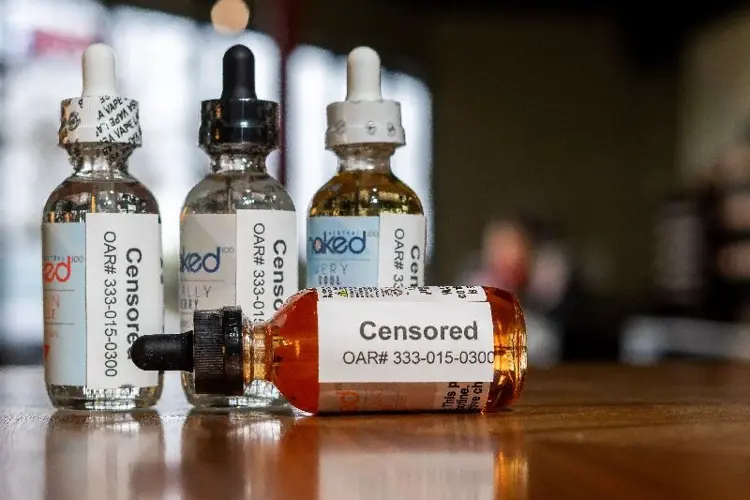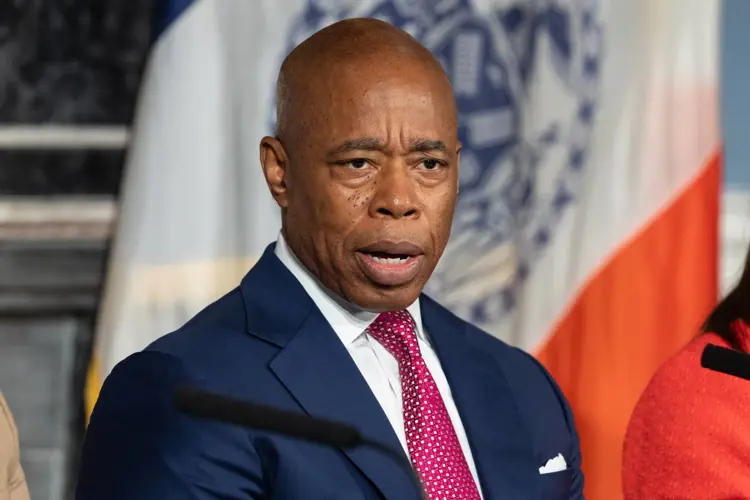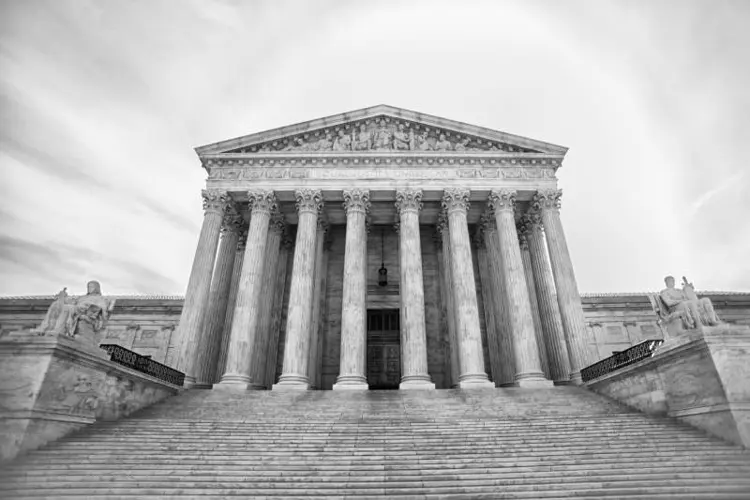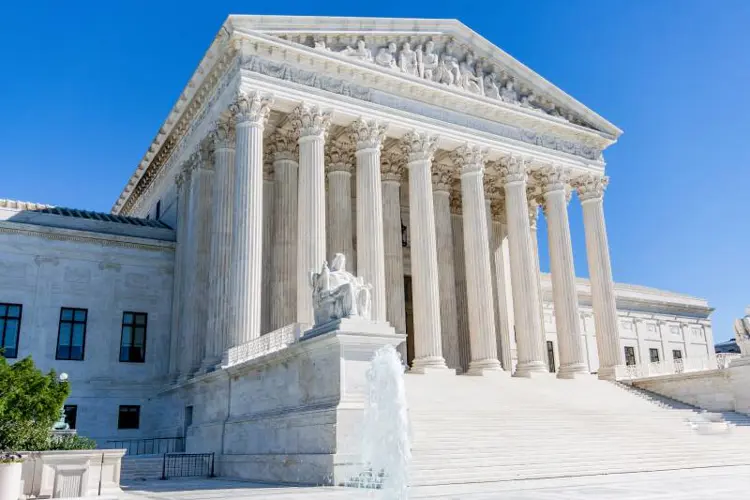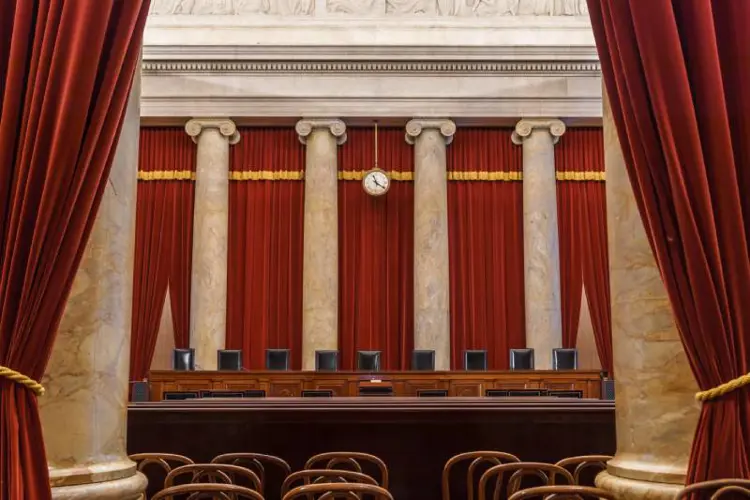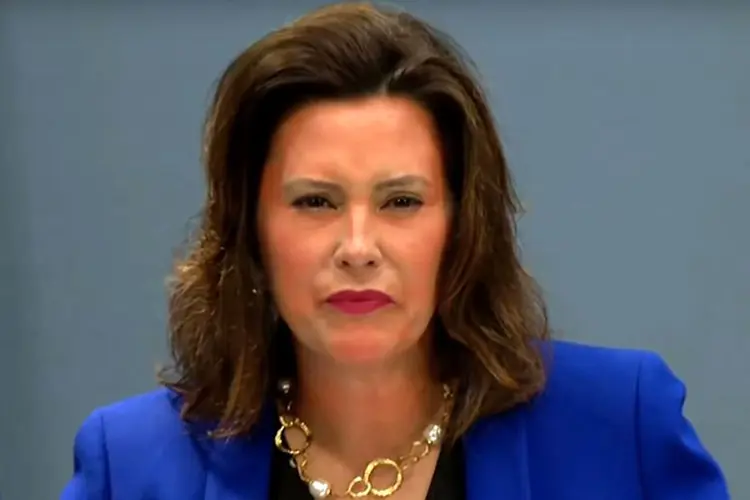The Oregon Supreme Court will soon decide whether state rules that bar vape shops from displaying and selling products with words or pictures that accurately describe vape flavors are permissible. The court will hear arguments in the case Oct. 8.
The Oregon packaging rules took effect in September 2018, a year after passage of a state law banning “inhalant delivery system” packages that are “attractive to minors.” The law was translated into rules by the Oregon Health Authority.
The rules prevent retailers from selling vape products with packaging containing pictures or descriptions of fruit, candy, desserts, and many other elements the state says may “appeal to minors.” (See the full list below.)
Paul Bates’ never-ending fight with Oregon
The Supreme Court will be the third in the state to hear the lawsuit, which was originally filed in December 2018 by Division Vapor owner Paul Bates in the Oregon State Circuit Court in Multnomah County. Bates asked the court to declare that the state packaging law violates the Oregon state constitution because it restricts the free speech rights of business owners. The lawsuit named the Oregon Health Authority and the OHA director as defendants.
The state won the first legal round, but Bates appealed and won in the Oregon Court of Appeals last year. The appeals court threw out the packaging rules, but the state decided to appeal the decision to the Oregon Supreme Court.
Bates’ legal fight has been handled by lawyers from the Arizona-based Goldwater Institute, a free-market think tank and litigation organization. You can review briefs and other case documents at the Goldwater website.
Will the Supreme Court preserve commercial free speech?
The Oregon Health Authority rules prohibit manufacturers and retailers from selling any vaping product (with or without nicotine, and including inhalable cannabis products) from using images that include cartoons, celebrities, athletes, mascots, “fictitious characters played by people,” “other people likely to appeal to minors,” candy, desserts, soda, “food or beverages with sweet flavors including fruit or alcohol,” and “the shape of any animal, commercially recognizable toy, sports equipment, or commercially recognizable candy.”
They also restrict the words that can be used to describe vapor products. Vendors are not allowed to use the names of any fruit, candy, dessert, juice, soda, or alcoholic beverage. Additionally, descriptive adjectives are prohibited, including: tart, tangy, sweet, cool, fire, ice, lit, spiked, and poppin’.
Other label elements can be restricted too, if state inspectors arbitrarily decide they meet the standard of being “likely to appeal to minors.”
Bates’ staff at Division Vapor was forced to spend hours each week covering the offending elements on each package with censorship labels in order to avoid the ire of state inspectors---even though his stores do not allow anyone under age 21 to even enter, let alone buy their products.
The state rules make it a punishable offense to sell, for example, a bottle of apple-flavored e-liquid that uses the word “apple” (or a picture of an apple) on the label.
Bates and his lawyers are not arguing for the right to sell packages with misleading health claims or deceptive descriptions. He simply wants to be able to use language that accurately describes products being legally sold to adults.
A business caught violating the rules could be subject to fines ranging from $500 to $15,000 (for repeat offenses) per item, and the limit for total fines issued during one inspection is over $1 million.
(Image courtesy Stray Fox Photography.)
The Freemax REXA PRO and REXA SMART are highly advanced pod vapes, offering seemingly endless features, beautiful touchscreens, and new DUOMAX pods.
The OXVA XLIM Pro 2 DNA is powered by a custom-made Evolv DNA chipset, offering a Replay function and dry hit protection. Read our review to find out more.
The SKE Bar is a 2 mL replaceable pod vape with a 500 mAh battery, a 1.2-ohm mesh coil, and 35 flavors to choose from in 2% nicotine.
Because of declining cigarette sales, state governments in the U.S. and countries around the world are looking to vapor products as a new source of tax revenue.
The legal age to buy e-cigarettes and other vaping products varies around the world. The United States recently changed the legal minimum sales age to 21.
A list of vaping product flavor bans and online sales bans in the United States, and sales and possession bans in other countries.







